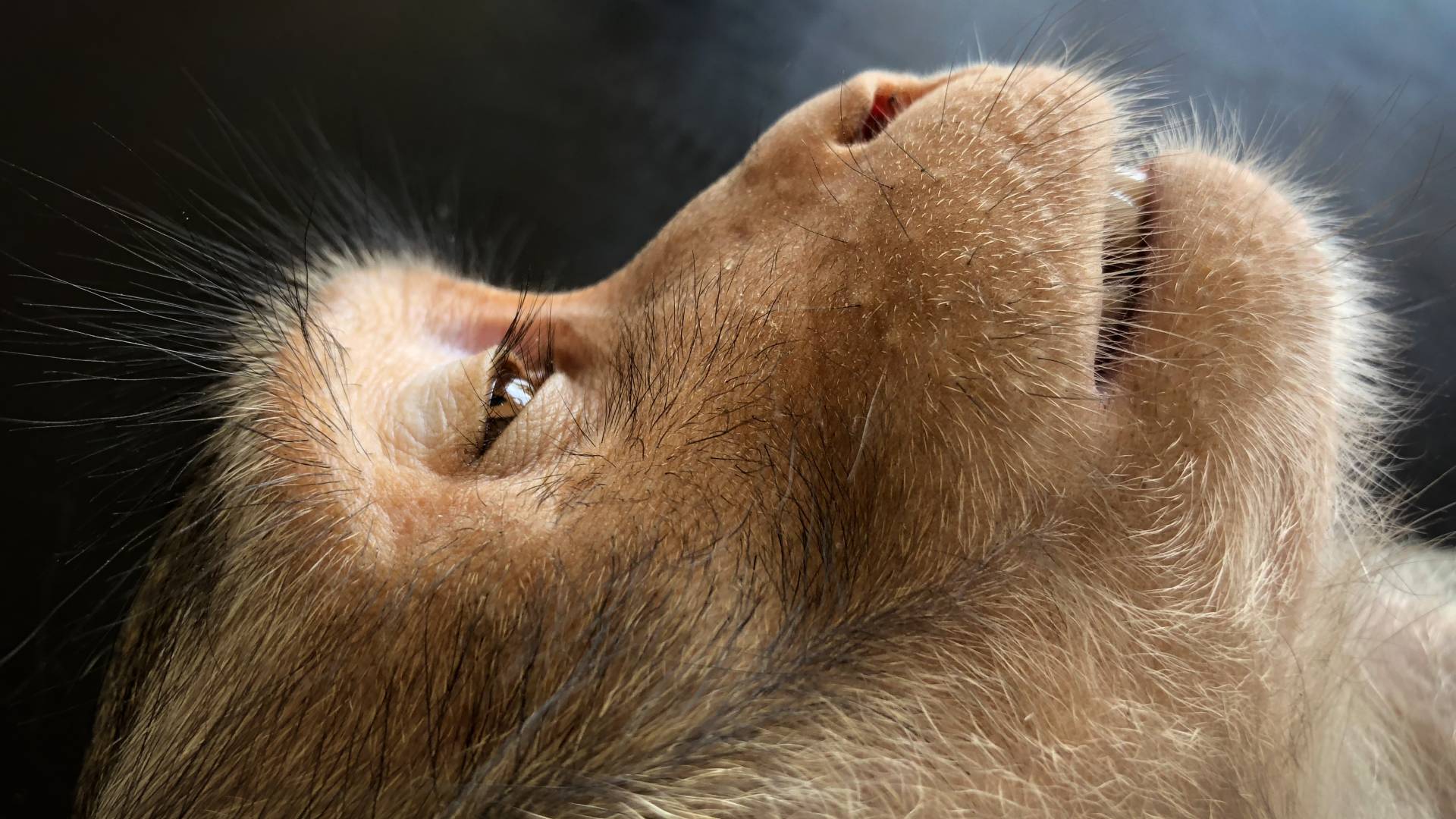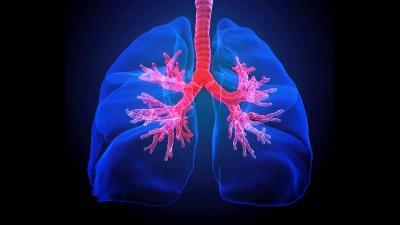Physicians Group Asks FDA to Investigate Elon Musk’s Neuralink for Violations of Federal Law Revealed by Public Records, Employee Whistleblowers
Botched Animal Experiments, Altered Documents May Disqualify Company from FDA Approval

SILVER SPRING, Md.—Elon Musk’s brain implant company Neuralink is already facing an investigation from the U.S. Department of Agriculture and Department of Justice. Now, a national nonprofit group is asking the Food and Drug Administration to open an inquiry of its own. The Washington, D.C.-based Physicians Committee for Responsible Medicine, which has more than 17,000 doctor members and first brought to light Neuralink’s history of troubling experiments on monkeys, requested today that FDA investigate the company for possible violations of “good laboratory practices” (GLP) regulations.
Federal GLP regulations are designed to assure the quality and integrity of nonclinical laboratory studies, which are often conducted with animals. But public records and recent whistleblower reports shared with the media suggest that Neuralink has failed to comply with those rules, which may disallow the use of the animal studies in its application for FDA approval of its “brain-machine interface.” On Nov. 30, Musk claimed that Neuralink had “submitted…most of [its] paperwork to the FDA.”
An ongoing public records lawsuit by the Physicians Committee against the University of California, Davis, where Neuralink conducted experiments on rhesus macaques from 2017 to 2020, has so far unveiled more than 700 pages of documents that may be central to an FDA investigation. The documents detail that sloppy brain surgeries resulted in infections, seizures, paralysis, internal bleeding, and chronic hair loss, a sign of poor psychological health.
Two incidents at UC Davis relevant to FDA’s GLP regulations involve Neuralink’s use of the surgical adhesive BioGlue, which was not approved for use. A 2019 document labeled “Neuralink Company Confidential Do Not Distribute” described one of the incidents: “a Neuralink surgeon deviated from approved protocol in a scheduled terminal surgical procedure by using material (‘bioglue’) [sic] which was not approved for use in our study.” The use of BioGlue in 2018 had previously caused another monkey to suffer brain swelling, partial paralysis, bleeding in her lungs, and ulcers in her esophagus due to excessive vomiting. Both monkeys were killed. Adherence to protocols and proper oversight by study directors are important GLP standards.
More recently, whistleblower reports by Neuralink employees to the news media reveal staff concerns over animal experiments described as “hack jobs.” After one incident, in which 25 pigs had a device that was the wrong size implanted in their heads, a company scientist wrote that it might be a possible “red flag” to FDA reviewers. In addition, the head of Neuralink’s animal care may have instructed employees to alter records related to animal studies. Accurate recordkeeping and the retention of records are essential for GLP compliance.
“Between what we’ve seen in public records and what has been reported, it’s hard to imagine that Neuralink’s animal experiments meet FDA’s requirements,” says Deborah Dubow Press, Esq., associate general counsel with the Physicians Committee.
“The company’s own employees admit that its botched animal experiments may be suspect to regulators,” says Ryan Merkley, director of research advocacy with the Physicians Committee. “The FDA has to investigate.”
The Physicians Committee points out that implanted devices like Neuralink’s come with a myriad of problems, including difficulty of repair and a high potential for severe medical complications in patients. The group is urging Neuralink to immediately halt its animal experiments and focus on improving noninvasive brain-machine interfaces.
To speak with Ms. Press or Mr. Merkley or to see a copy of the FDA request or the original documents from UC Davis, please contact Reina Pohl at 202-527-7326 or rpohl [at] pcrm.org (rpohl[at]pcrm[dot]org).
Media Contact
Reina Pohl, MPH
202-527-7326
rpohl[at]pcrm.org
Founded in 1985, the Physicians Committee for Responsible Medicine is a nonprofit organization that promotes preventive medicine, conducts clinical research, and encourages higher standards for ethics and effectiveness in education and research.







